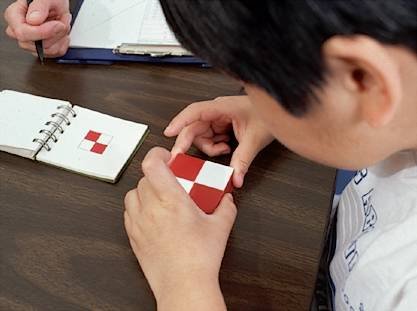Treatment for Sensory Processing
Neurodiversity-affirming treatment for sensory sensitivities, sensory processing disorder, & More.
Living in a world that often feels too loud, too bright, or too overwhelming can take a toll on emotional well-being. Our practice offers compassionate mental health support for children, teens, and adults experiencing sensory processing challenges. Whether it’s navigating daily overstimulation, managing anxiety tied to sensory sensitivities, or building coping strategies for school, work, or relationships, we provide a validating, individualized space to help you feel more grounded, understood, and in control.
Could I benefit from treatment for my sensory differences?
If you or your child are experiencing any of the following, you may benefit from services through mala:
Emotional or Behavioral impact
Emotional outbursts or shutdowns in response to sensory input (e.g., noise, textures, lights)
Strong preference for or avoidance of movement, pressure, or specific tactile sensations
Heightened anxiety or irritability in stimulating environments
Avoidance of certain settings due to sensory overload
Difficulty calming down after becoming overstimulated
Physical impact
Challenges with hygiene routines (e.g., toothbrushing, hair washing, bathing) due to sensory sensitivity
Impact on sleep, appetite, or daily self-care from sensory discomfort
Seeming “unbothered” by pain, temperature, or loud noises that typically affect others
Easily fatigued, dizzy, or uncoordinated in busy or loud spaces
Difficulty identifying bodily sensations such as hunger or needing to use the bathroom
Frequent “sensory seeking” behaviors such as spinning, jumping, crashing, or chewing nonfood items
social or academic impact
Withdrawal from social situations or group activities due to sensory overwhelm
Struggles with transitions, changes in routine, or unpredictable environments
Difficulty participating in school, work, or community settings without distress
Interpersonal conflict due to increased agitation or withdrawal in response to sensory stimulation
Difficulty with handwriting, fine motor tasks, or attention in the classroom
Teachers noting distractibility, agitation, or “zoning out” in sensory-heavy settings
What is a sensory profile?
We provide space for you to heal without feeling like you have to be on your guard. We are here with respect, openness so you can say exactly what is on your mind, and buckets of hope.
Communities we
personally identify with:
African American
Asian
canadian
christian
eastern european
hindu
Latinx
LGBTQIA2S+
Middle Eastern
muslim
south east asian

Because you deserve to interact
with the world comfortably.
find specialized support
-

Psychological Evaluation
-

Psychotherapy
-

Medication Management
-

Occupational Therapy
-

School Advocacy
-

Relationship Counseling



